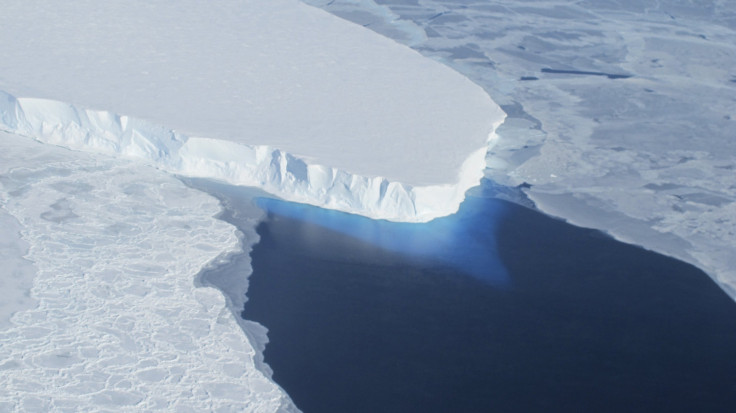Burning more fossil fuels may sink a billion people, alter Earth’s face, warn scientists

Scientists raised a new warning over the future impacts of burning all the world’s coal, oil and gas that would melt the entire Antarctic ice sheet. Lands inhabited by a billion people would be submerged below water by a possible increase of sea level by over 50 metres, and would prompt an unprecedented transformation on the face of the Earth.
A new study, to be published in the journal Science Advances, shows that when the entire world's available fossil-fuel resources were burnt, the carbon emissions would rise to 10,000 billion tonnes, capable to destabilise both West and East Antarctica for millennia to come. Scientists added that temperatures may rise by over 10°C, and sea level would increase by 30 centimetres each decade.
In May 2014, it was reported that a large region of the west Antarctic ice sheet was already ruined by the long-term effect of greenhouse gases. If the region of the ice sheet continues to melt, according to scientists, the sea level would rise by about four metres over the course of a few centuries.
However, with the new calculations provided by the current study, the researchers say if global warming is restricted to the 2°C increase, Antarctica's long-term contribution to sea-level could be stopped to a few metres that could still be manageable and would allow countries to adapt to the rising tide.
“For the first time we have shown there is sufficient fossil fuel to melt all of Antarctica,” said Ricarda Winkelmann, lead researcher from the Postdam Institute for Climate Impact Research in Germany. "This would not happen overnight, but the mind-boggling point is that our actions today are changing the face of planet Earth as we know it, and will continue to do so for tens of thousands of years to come. If we want to avoid Antarctica to become ice-free, we need to keep coal, gas and oil in the ground."
To date, the Antarctic ice cap, the largest on Earth, only contributes about 10 percent of the sea level rise prompted by climate change. But co-author Anders Levermann said that by using more and more fossil energy, the risk of triggering changes will increase that people may not be able to stop or reverse in the future.
"The West Antarctic ice sheet may already have tipped into a state of unstoppable ice loss, whether as a result of human activity or not,” he said. The researchers stated that to secure cities like Tokyo, Hong Kong, Shanghai, Calcutta, Hamburg or New York to be the future heritage, people need to avoid a tipping in East Antarctica.
Contact the writer at feedback@ibtimes.com.au or tell us what you think below




















